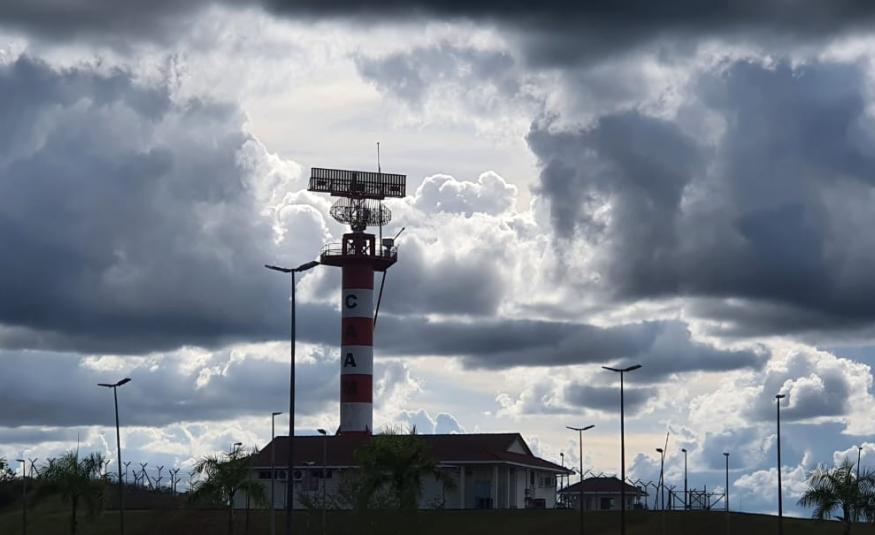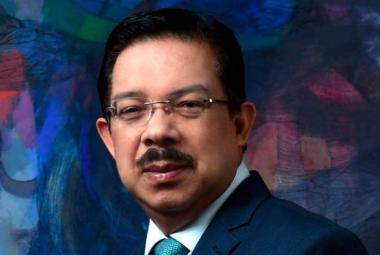IT is a known fact that during the pandemic, the aviation sector was among the hardest hit.
Due to the invisible and deadly virus, airplanes flew into gloomy turbulent times, forcing many to wonder - will AirAsia and Malayia Airlines take to skies once again?
The last couple of months have been encouraging for the sector.
International borders reopened, air travellers returned and Heath Minister Khairy Jamaluddin lifted the ban of wearing masks on flights.
The pandemic effects
The COVID-19 pandemic is something that the world has never imagined, could ever happen, let alone experience.
Captain (Rtd) Kamarul Ariff Abdul Karim said the virus was devastating to the global aviation industry.
"It changed the landscape and all manpower planning goes down the drain.

"Thousands of experienced pilots were furloughed, cadets’ programmes were halted and it left airlines on the brink of bankruptcy.
"However, there seems to be a rebound in the global aviation industry, especially in the US," Kamarul told DagangNews.com.
Aviation sector in the US flying high again
The world's aviation sector is swayed by the robustness of flights in the US.
In the US, the demand for experienced pilots is sky high now.
"Almost every pilot that was laid off is now recalled back to fly for various airlines there.
Unfortunately, that scenario is in the US and does not mirror the situation in Malaysia.
"Our aviation industry has never been like in the US. It has a different geographical landscape, demography, population, economy, gross domestic product and others," said Kamarul who is also Jets Aero flying academy chief pilot.
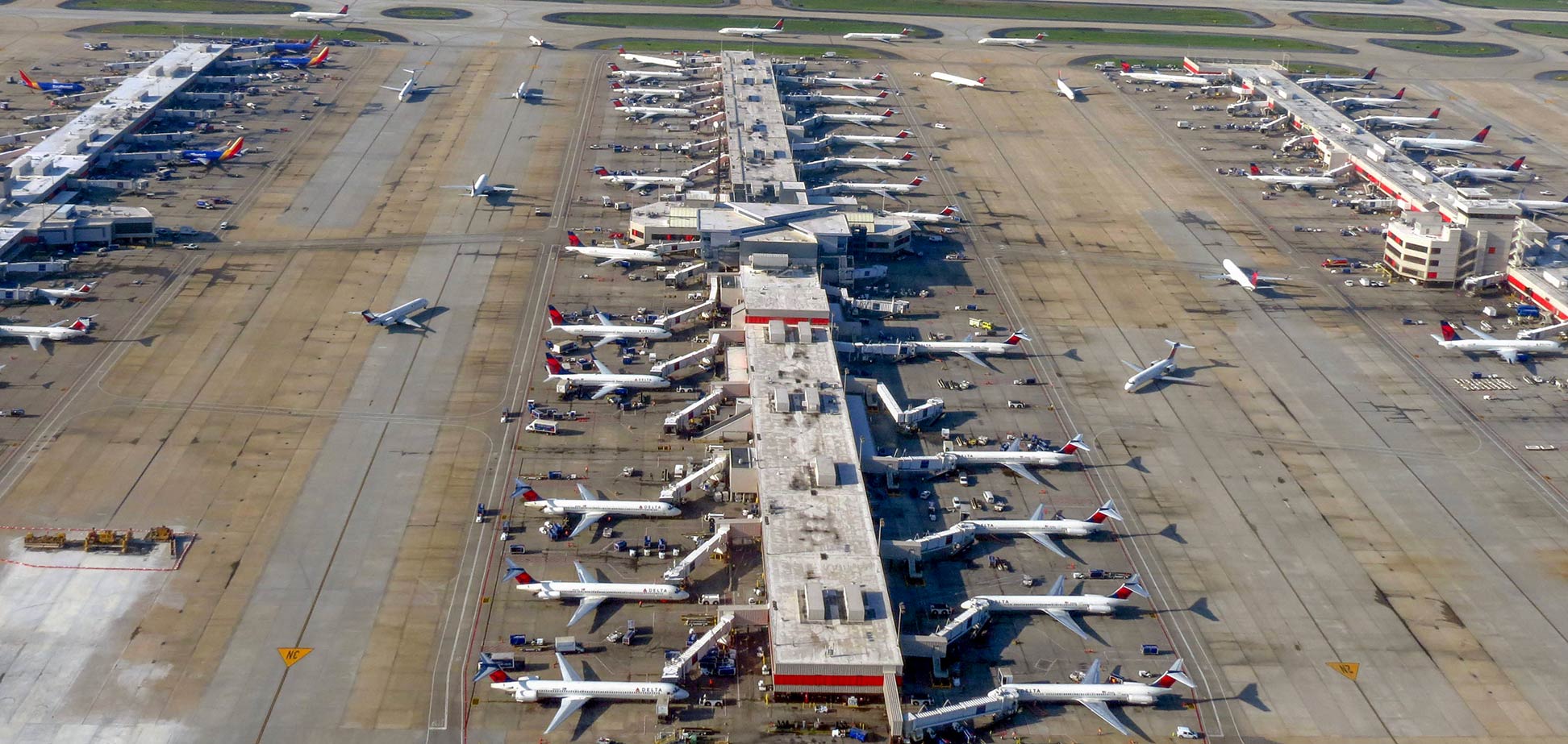
Continue to subsidise jet fuel
Any sudden increase in jet fuel prices will have a domino effect on the aviation sector.
Thus, the government must continue to subsidise jet fuel.
Furthermore, jet fuel prices will continue to rise up and will not come down resulting in a massive inflation in excess of 9 percent.
Enhancing the aviation sector's value chain
It is vital for the government to dissect discreetly the ecosystem or the value chain of the aviation sector in Malaysia.
Associate Professor Major Dr Mohd Harridon Suffian said for the aviation industry in Malaysia to remain competitive, several initiatives and drives which are dynamic, vigorous, and viable should be introduced and enhanced.
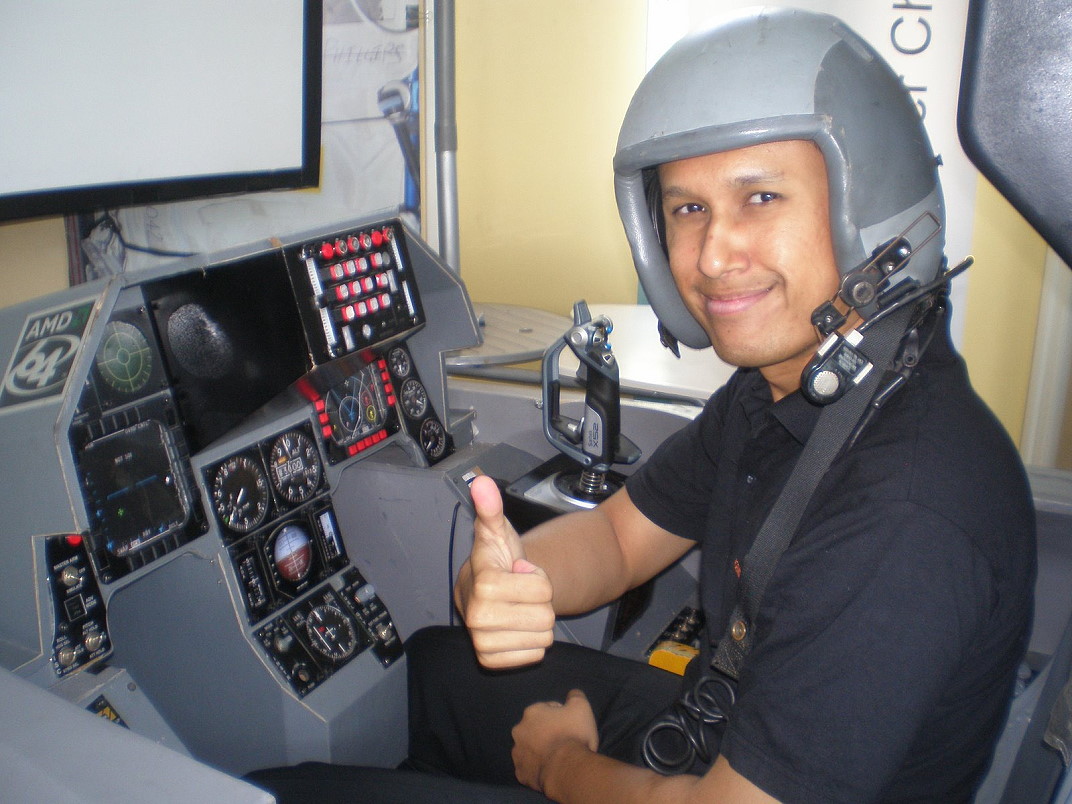
"One primary example would be the upgrading of knowledge and skills of the aviation workforce where countless research and investigation had postulated that organizations with highly capable individuals have the ingrained ability to procreate new methodologies or techniques that are efficient and cost effective.
"For example, with new techniques, components or parts of aircraft can be fabricated or manufactured within the high quartile of quality while still retaining similar operational costs and plausibly reducing them after certain volume of parts were manufactured.
A case to ponder would be Finland where it was denoted as the third most innovative country and has the second-best skilled workforce in the world even though their population is only 5.5 million people which is considered miniscule.
Within this context, they had produced aviation parts, equipment, instrumentations, avionics, and components which of high quality and were utilized by major and primary aircraft producers.
And these substantial outputs or results were due to the enormous investment put forth by the country into the educational system where the aviation workforce were upgraded in terms of skills, dexterity, and global knowledge.
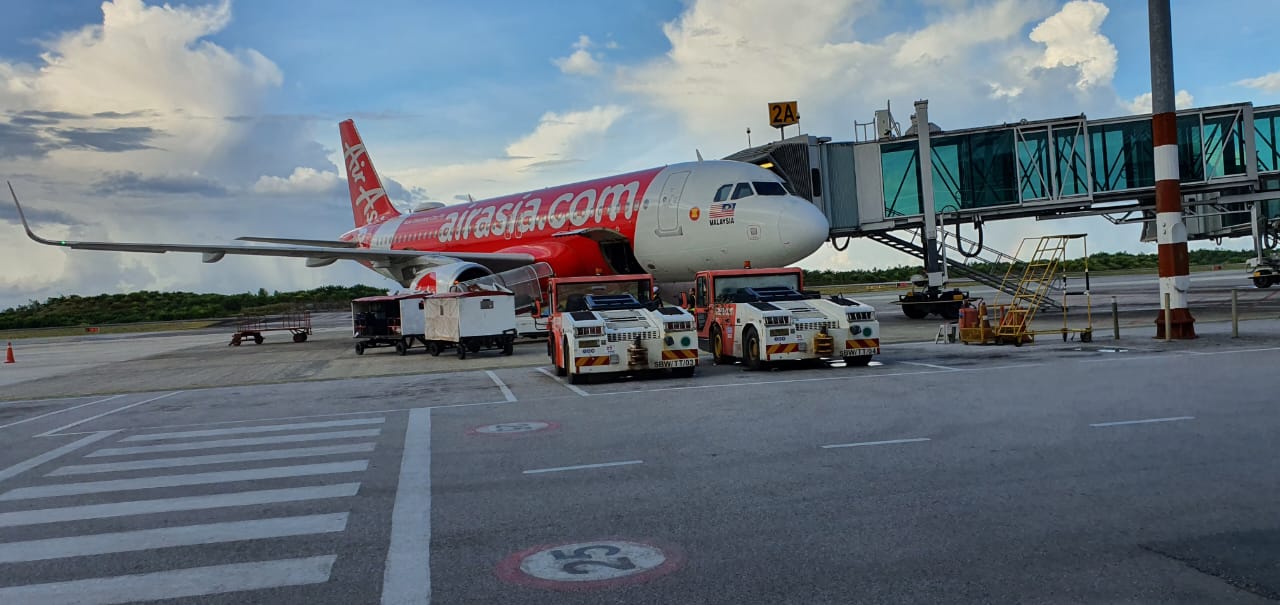
Malaysia should follow suit and allocate considerable amount of capital or budget for the elevation of knowledge and skills of the current and future aviation workforce.
This is the most important domain or entity of the aviation value chain and proper investment ensures continuous sustainability in tandem with the long-term agenda," he told DagangNews.com
Budget on aviation spending
Other areas to be budgeted include land provisions, tax break, specialized loans, and others are duly important for the aviation industry.
"But the quantum for education supersedes other initiatives as it is the primary drive of any industrial sector," said Harridon. - DagangNews.com


